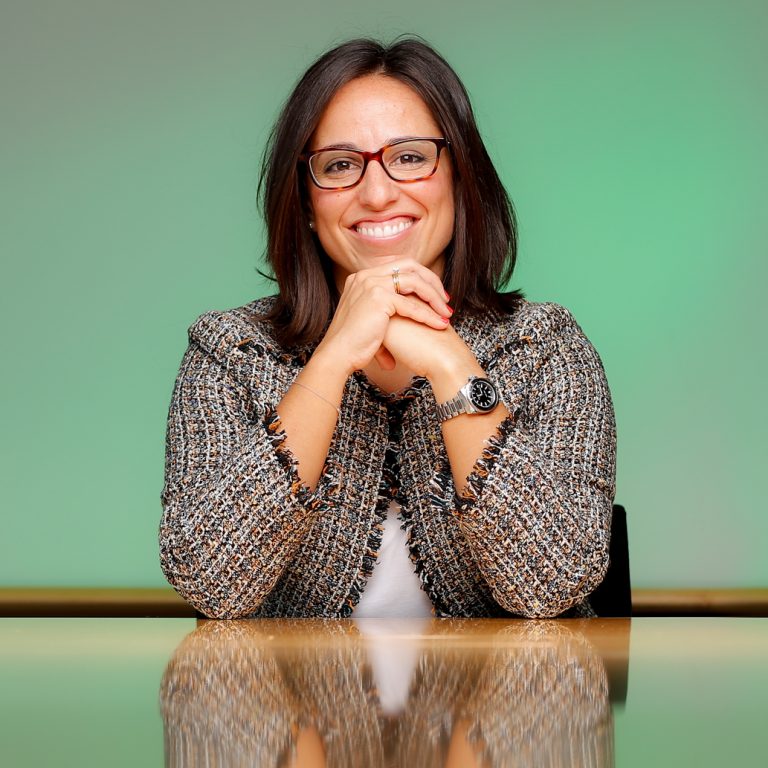Baker Hughes is bringing innovation to overcome the increasing odds of keeping pipelines flowing, with the huge challenge of mitigating insatiable demand against environmental impact. If oil ran out today, the infrastructure of the world would collapse tomorrow. For all the controversy, there is no greater contribution to keeping the world moving and advancing human reach, but the pressure on the industry from all sides, could not be greater.







